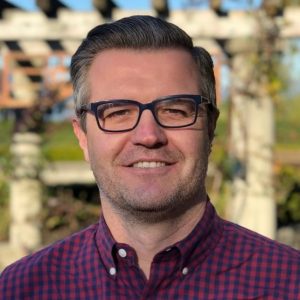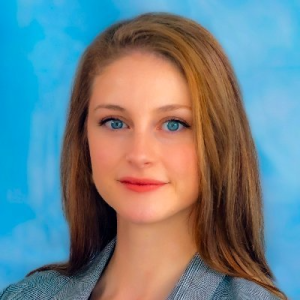Meet the ISDP New Board Members Terms Starting 2024



Treasurer-elect (1-year term followed by 3-year term as Treasurer)
Charlis Raineki, PhD
Assistant Professor
Department of Psychology
Brock University
Ontario, Canada
Dr. Raineki is currently an Assistant Professor in the Department of Psychology at Brock University in Canada. He received his PhD from the Federal University of Rio Grande do Sul in Brazil and completed postdoctoral training at the University of Oklahoma and the Nathan Kline Institute/New York University. Following this, he joined the University of British Columbia in Canada as a Research Associate. Dr. Raineki’s research program examines how our unique experiences across development have profound impacts on our brains and behavior. His primary research interest is to uncover biological mechanisms underlying neurobehavioral deficits induced by pre- and/or early postnatal adverse experiences, with a special focus on understanding the increased vulnerability to develop psychopathologies such as depression and anxiety. Throughout his career, Dr. Raineki’s work has been funded by the NIAAA, CIHR, and the Azrieli Foundation. He has been an active member of the ISDP since 2008. If elected as Treasurer-Elect and future Treasurer, Dr. Raineki expresses his commitment to working closely with ISDP leadership and members to support the Society’s executive and programmatic objectives.
https://brocku.ca/social-sciences/psychology/people/charlis-raineki/
Board Member (3-year term)
Moriah E. Thomason, PhD
Barakett Associate Professor and Director of Pediatric Neuroimaging
Vice Chair for Research
Departments of Child and Adolescent Psychiatry and Population Health
New York University School of Medicine; Investigator, NYU Langone Neuroscience Institute
Dr. Thomason is the Barakett Associate Professor and Vice Chair for Research in the Department of Child and Adolescent Psychiatry at New York University Grossman School of Medicine. She is also faculty in the Department of Population Health and in the Neuroscience Institute. She formerly served as Director of the Perinatal Neural Connectivity Unit within the intramural Perinatology Research Branch of NICHD/NIH. Her published research addresses principals of neural development beginning in utero. Her current NIH grants examine environmental factors with potential to influence functional neurocircuitry of the developing brain. She received her undergraduate training at UC Berkeley, and her graduate and postdoctoral training at Stanford and MIT in Neuroscience. Her work has been featured on NPR All Things Considered, BBC World Service, Huffington Post, MIT Technology Review, New Scientist, and most recently, in Science, Nature Medicine and National Geographic. Many of her studies address disparities experienced by minoritized individuals and she has written multiple commentaries about the importance of population representative and culturally sensitive science. She is a standing member of the Child Psychopathology and Developmental Disabilities (CPDD) study section within the Center for Scientific Review, serves as an Associate Editor for the journal of Developmental Cognitive Neuroscience, and in 2019 received the honor of the Presidential Early Career Award for Scientists and Engineers (PECASE) from the Office of the President of the United States.
Program Director-elect, 1 Year, Program Director, 3 Year Term
Bridget Callaghan, PhD
Assistant Professor
Department of Psychology
University of California, Los Angeles
Dr. Callaghan is an Assistant Professor of Psychology at UCLA where she directs The Brain & Body Lab. Bridget’s lab studies the impact of early caregiving experiences on the interaction between mental and physical health, with a particular focus on the brain-gut-microbiome axis. She also studies the mechanisms by which experiences of adversity affect subsequent generations.
